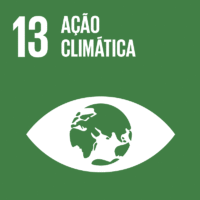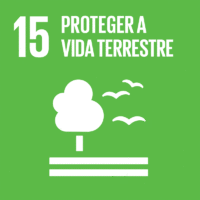Ciência_Iscte
Comunicações
Descrição Detalhada da Comunicação
Household Food Metabolism. The role of water and food for a new sustainable design agenda.
Título Evento
3rd International Food Design and Food Studies Conference, Experiencing and Envisioning Food: Designing for Change
Ano (publicação definitiva)
2022
Língua
Inglês
País
Portugal
Mais Informação
Web of Science®
Esta publicação não está indexada na Web of Science®
Scopus
Esta publicação não está indexada na Scopus
Google Scholar
Esta publicação não está indexada no Overton
Abstract/Resumo
According to the United Nations, “the household is a socioeconomic unit (…) based on the arrangements made by persons, individually or in groups, for providing themselves
with food or other essentials for living” [1]. The maintenance and functioning of households are determined by specific patterns of consumption, including food, water, and energy (inputs); or patterns of waste, discharges, and emissions production (outputs). Altogether, households’ inputs and outputs generate environmental pressures (with carbon implications), through the consumption of natural goods (water and food) or through the production of environmental threats (sewage, waste, etc).
This presentation is particularly engaged on envisaging the relationship between food consumption, waste production and household’s design. The presentation focusses its analysis on the Lisbon Region housing stock, in particular on the kitchen space, while identifying key elements that characterize the evolution of housing design and its metabolic implications. A comparison of past and present households’ patterns of consumption and waste production is determinant to evaluate the evolution of household’s diets, food habits, and environmental pressured related to its metabolism. Moreover, it allows to relate the evolution of such patterns with the evolution of household’s-built space (design) and, determine their related implications on the overall food system functioning. Finally, through a diachronic analysis of ordinary practices of household’s food metabolism and their implications on the household material dimension, we highlight the strategic role of food and water for the revision of contemporary design of household solutions towards future sustainable practices of everyday life.
Agradecimentos/Acknowledgements
--
Palavras-chave
Sustainability,food,housing,water
Classificação Fields of Science and Technology
- Outras Ciências Naturais - Ciências Naturais
- Outras Ciências Agrárias - Ciências Agrárias
- Geografia Económica e Social - Ciências Sociais
- Outras Ciências Sociais - Ciências Sociais
- História e Arqueologia - Humanidades
- Artes - Humanidades
- Outras Humanidades - Humanidades
Contribuições para os Objetivos do Desenvolvimento Sustentável das Nações Unidas
Com o objetivo de aumentar a investigação direcionada para o cumprimento dos Objetivos do Desenvolvimento Sustentável para 2030 das Nações Unidas, é disponibilizada no Ciência_Iscte a possibilidade de associação, quando aplicável, dos artigos científicos aos Objetivos do Desenvolvimento Sustentável. Estes são os Objetivos do Desenvolvimento Sustentável identificados pelo(s) autor(es) para esta publicação. Para uma informação detalhada dos Objetivos do Desenvolvimento Sustentável, clique aqui.

 English
English




